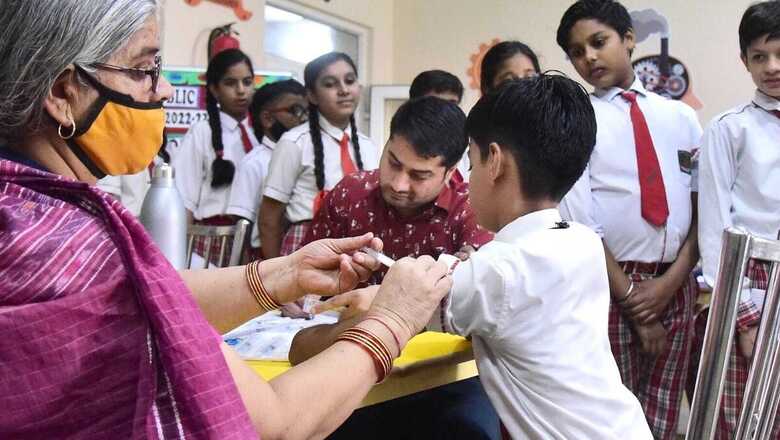
views
In the wake of schools reporting a spike in coronavirus cases among children, the Drugs Controller General of India (DCGI) has approved the restricted emergency use of three vaccines for different age groups of children — Bharat Biotech’s Covaxin, Biological E’s Corbevax and Zydus Cadila’s ZyCov-D.
Covaxin has received the emergency use authorisation (EUA) for the age group of 6 to 12 years olds, while for Corbevax it is the 5 to 12 years old age group. ZyCoV-D, meanwhile, has received the nod to vaccinated children aged above 12.
India, at present, is administering two vaccines to children above the age of 12 — Covaxin and Corbevax. The first phase of vaccination for children, aged 15 to 18, started on January 3. The vaccination was later extended to children aged above 12 on March 16.
Here’s all you need to know about these three vaccines, which will soon be available for inoculating children:
COVAXIN
India’s first indigenous Covid-19 vaccine, Bharat Biotech’s Covaxin has received the nod for use in the age group of 6 to 12 years now. It is currently being administered to children in the age group of 15 to 18 at private as well as government vaccination centres.
Covaxin was first cleared for emergency use listing in adults by the WHO’s Technical Advisory Group. Prime Minister Narendra Modi was also administered two shots of the homegrown vaccine.
It is an inactivated whole virus vaccine, which carries the target pathogen or some part of it but with the genetic material destroyed. This means that the virus introduced through the vaccine cannot actually replicate inside the body, although it is good enough to prompt the immune system into building a defence against it.
When it released the results of its third phase clinical trials, Bharat Biotech had said the vaccine — developed in collaboration with Indian Council of Medical Research-National Institute of Virology — has an effectiveness rate of 77.8 per cent against symptomatic Covid-19, which went up to 93.4 per cent against severe symptomatic infection.
Covaxin was rolled out alongside Serum Institute’s Covishield — the local version of the AstraZeneca vaccine — as a mainstay of India’s vaccination drive that started on January 16, 2021.
CORBEVAX
Another indigenous vaccine, at present, Biological E’s Corbevax is available only at government vaccination centres for the age group 12-14 years. It has now got the nod for children aged between 5 and 12 years.
It is a receptor binding domain or (RBD) protein sub-unit vaccine and uses similar technology as the Hepatitis-B vaccine. It is administered through an intramuscular route with a two-dose schedule, 28 days apart.
Corbevax has been developed in collaboration with the Texas Children’s Hospital Centre for Vaccine Development and Baylor College of Medicine in Houston, Texas.
The vaccine first received the nod for rollout towards the end of 2021. In the third phase trials, Corbevax “demonstrated superior immune response in comparison with Covishield”, Biological E said. The vaccine had an effectiveness of over 90 per cent against the original Wuhan strain of the novel coronavirus and was more than 80 per cent effective in preventing symptomatic infections with the Delta variant. Reports said its effectiveness is being assessed against the Omicron variant.
Like other vaccines, Corbevax targets the spike protein on the virus particle’s surface. However, instead of instructing cells to replicate them, the vaccine injects a small volume of cloned spike proteins grown in a laboratory. The immune system recognises these proteins as a threat and develops a response accordingly, ultimately, reducing the ability of the live virus to infect cells and cause serious disease.
Biological E said “the vaccine will be effective both in scale and affordability, providing sustainable access to low-and middle-income countries” with reports saying it could be the cheapest vaccine available in India with its two shots expected to be cumulatively priced at below Rs 400.
ZYCOV-D
ZyCoV-D has been approved for use in children aged above 12. It is the world’s first DNA vaccine made by the Ahmedabad-based Zydus Cadila.
While this was the first Covid-19 shot cleared by India for adolescents — received the nod for emergency use in August — even before guidelines for vaccination of minors in India were released. It is a needle-free and another homegrown vaccine.
It is a plasmid DNA vaccine and has a 66.6 per cent efficacy rate against the novel coronavirus, as per its clinical trial results from the third phase. The vaccine was also tested among children aged 12 to 18 years.
The shot belongs to a category known as genetic or nucleic acid vaccines. These vaccines work by inserting a piece of the virus’s genetic information into the body to prompt cells to produce a key component of the virus which the immune system then recognises and attacks by producing antibodies.
ZyCoV-D is a three-dose shot delivered four weeks apart. The vaccine is to be administered on Day 0, 28 and 56 with each dose to be given in two instalments in each arm. So, for full vaccination with ZyCoV-D, one would have to be injected with six shots of the vaccine. The three-dose vaccine will cost the government Rs 1,128.
But the company has said it has “also evaluated a two dose regimen for ZyCoV-D vaccine using a 3mg dose per visit and the immunogenicity results had been found to be equivalent to the current three dose regimen”.
Another novelty of the vaccine is that it is an “intradermal vaccine” that is applied using a “needle-free system”. That would represent a great benefit when it comes to vaccinating those who show hesitancy due to a fear of needles.
Read all the Latest India News here














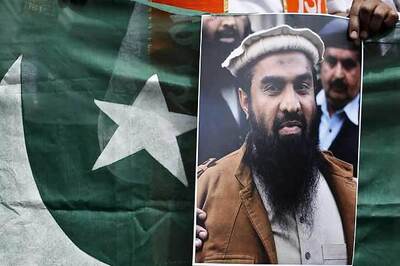
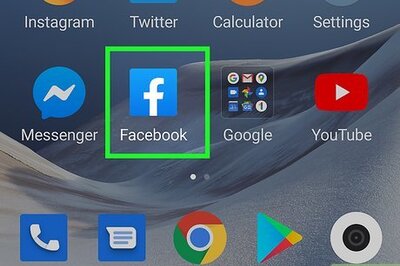
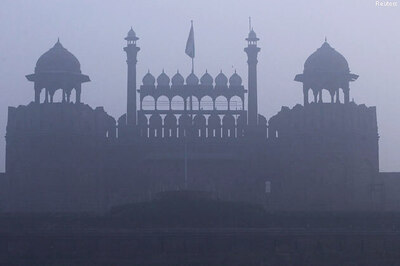


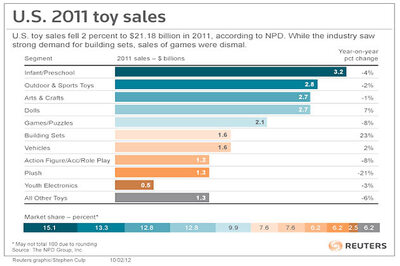
Comments
0 comment